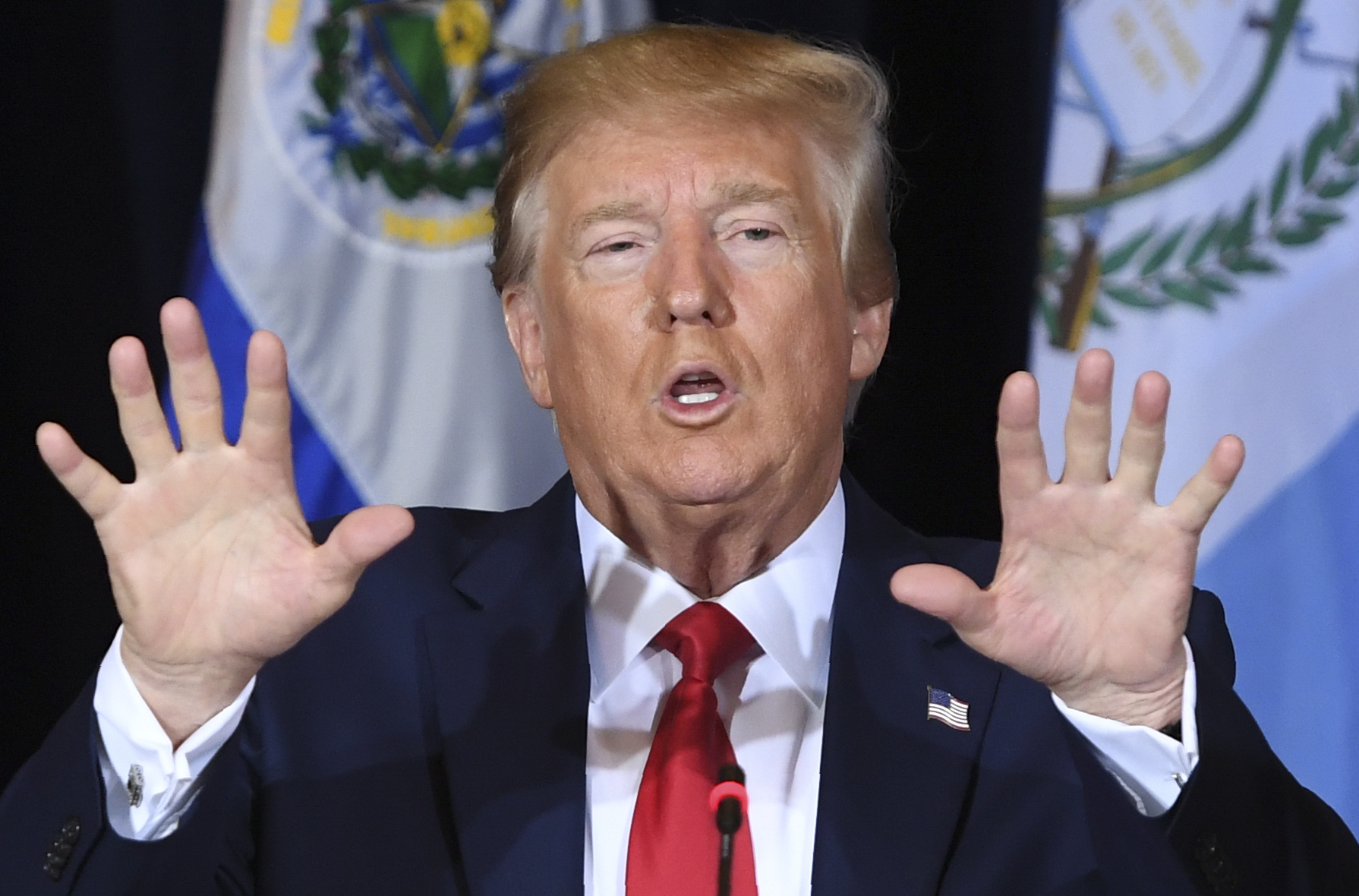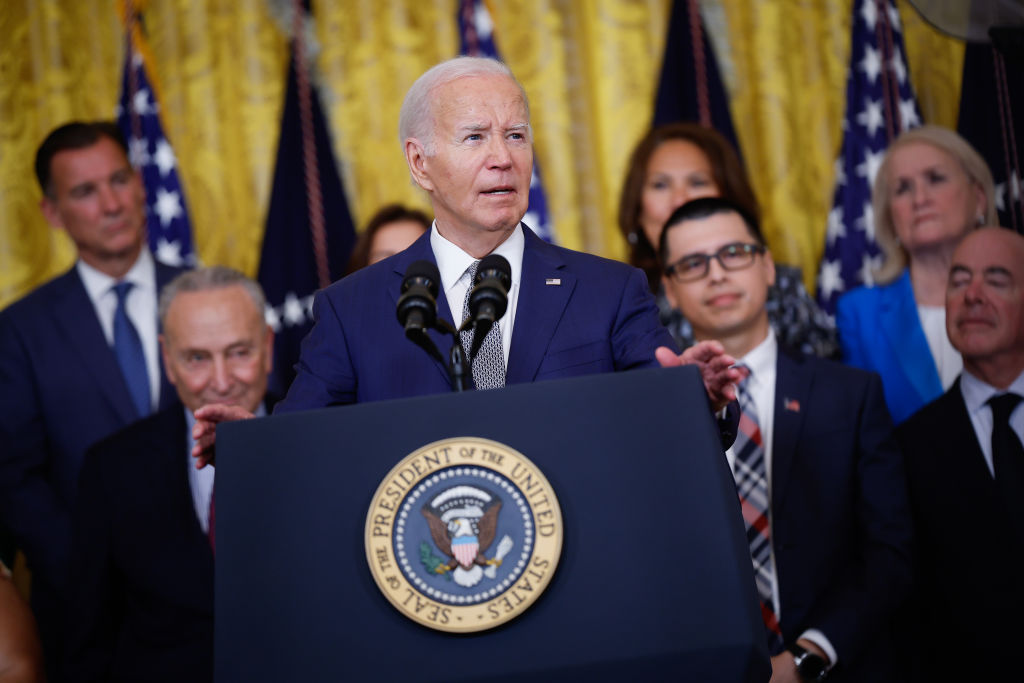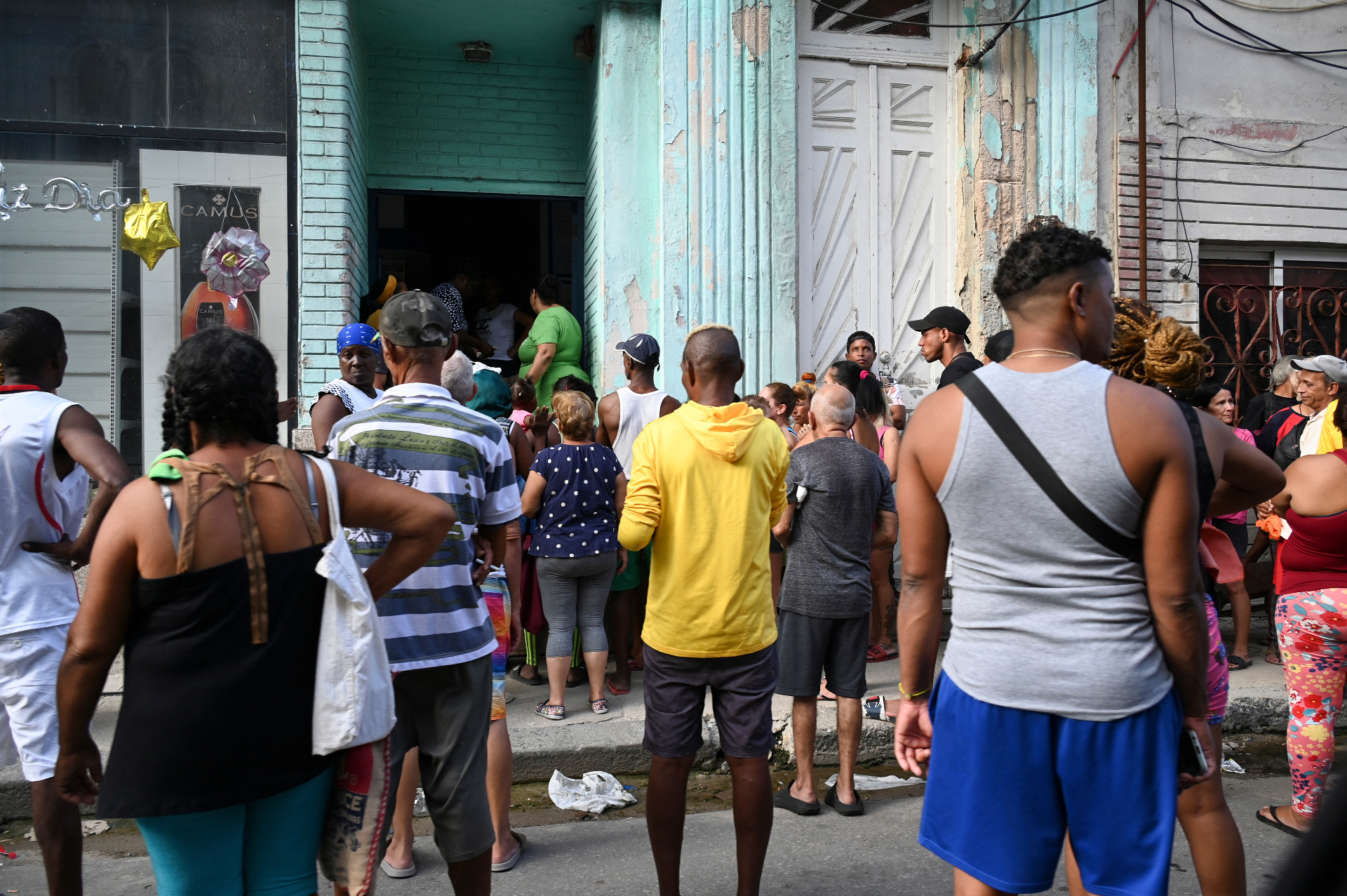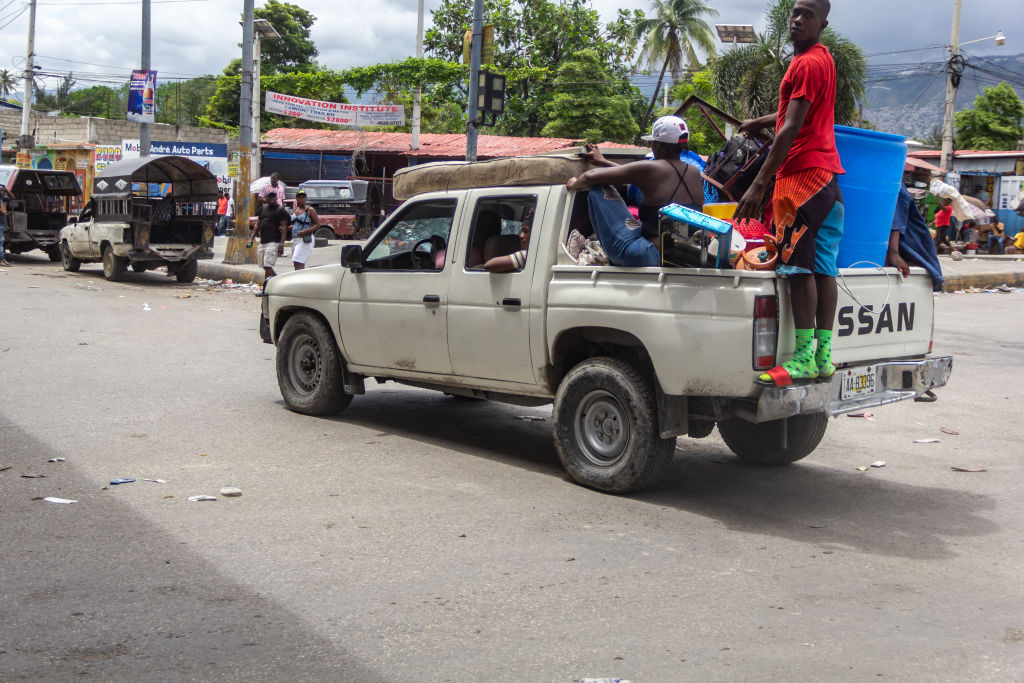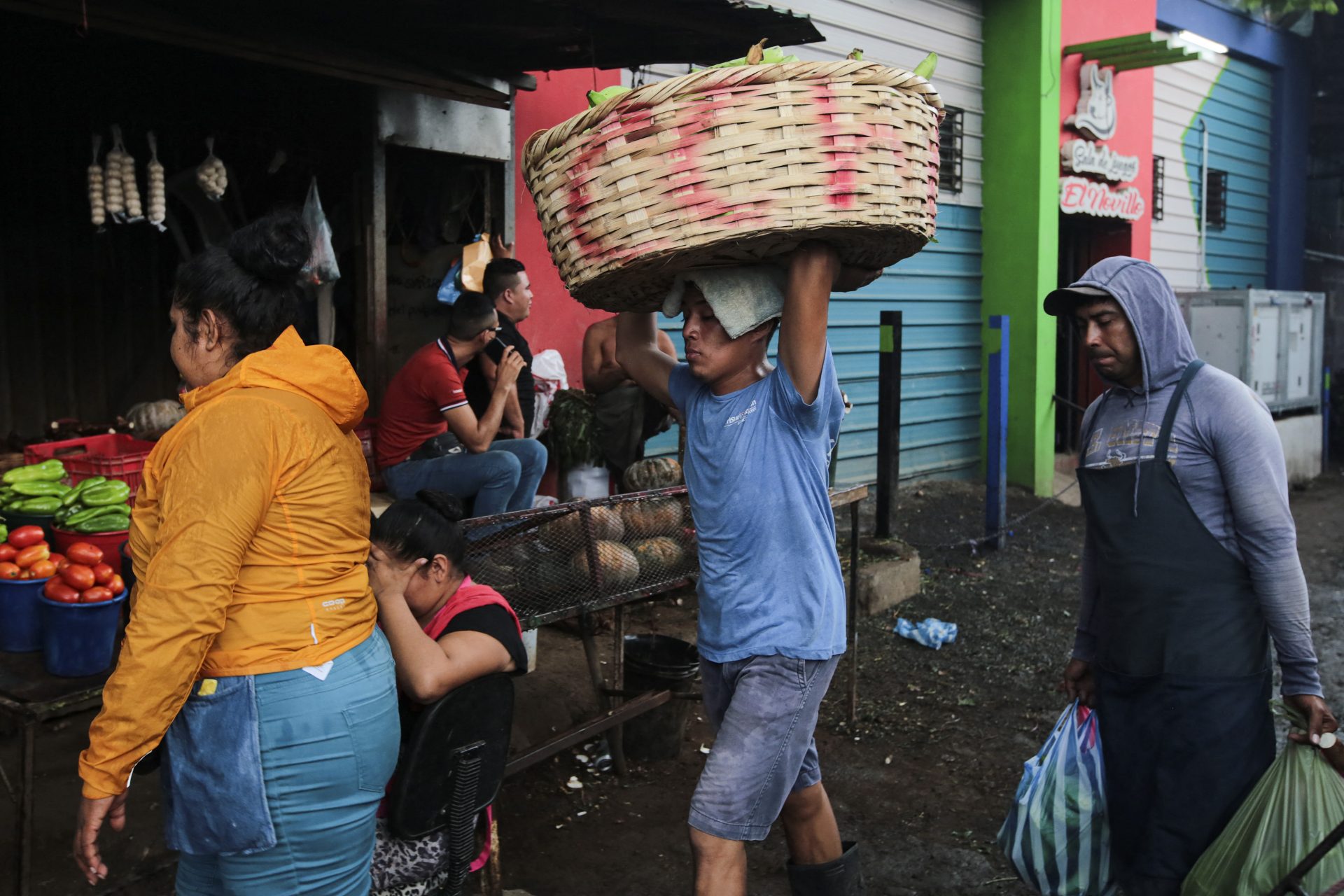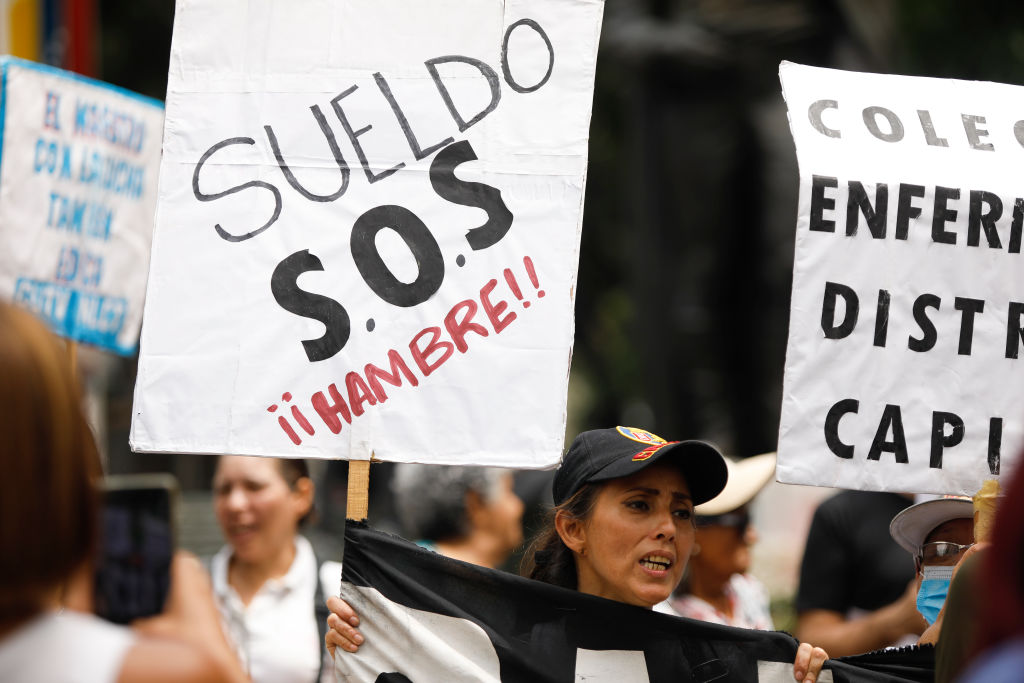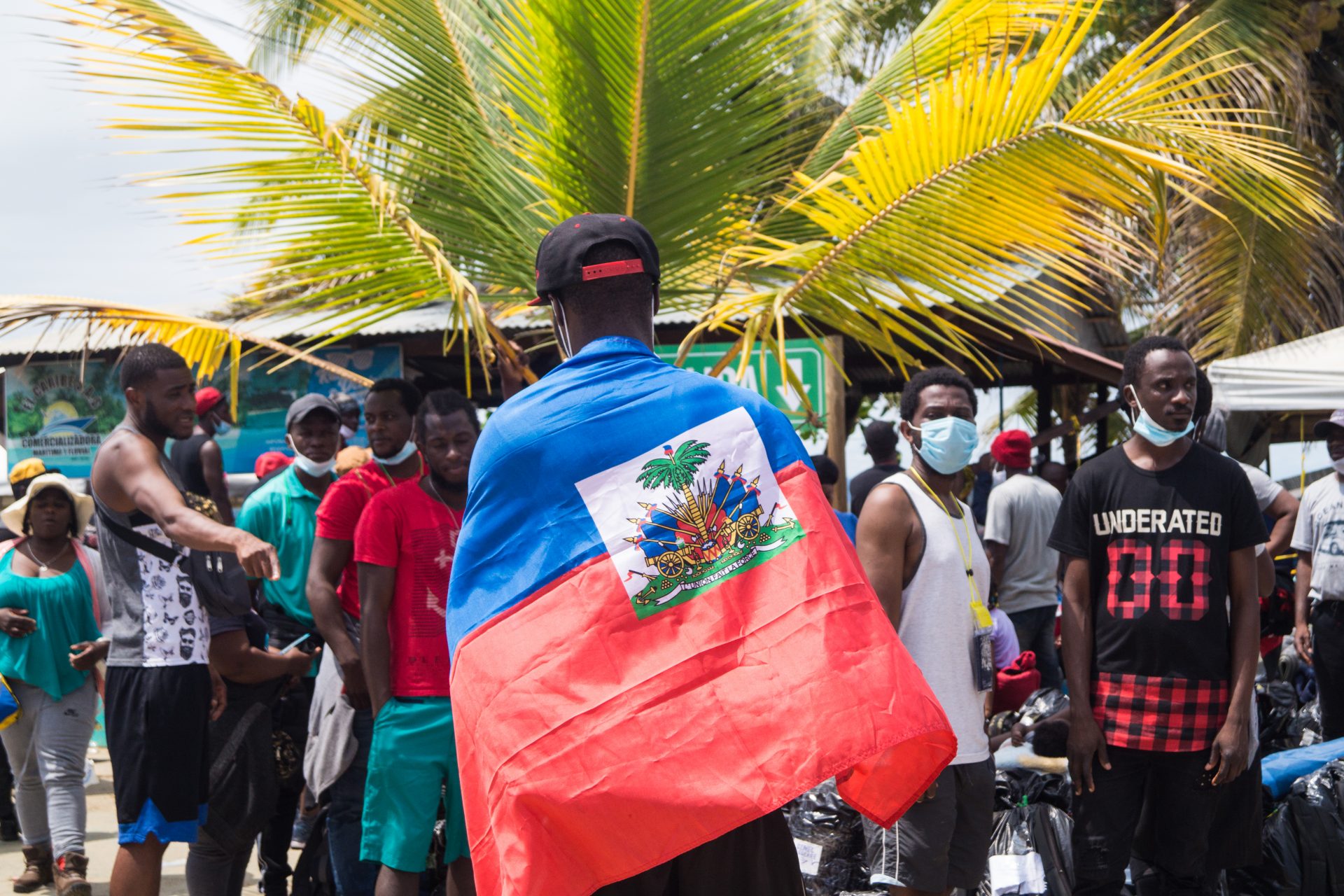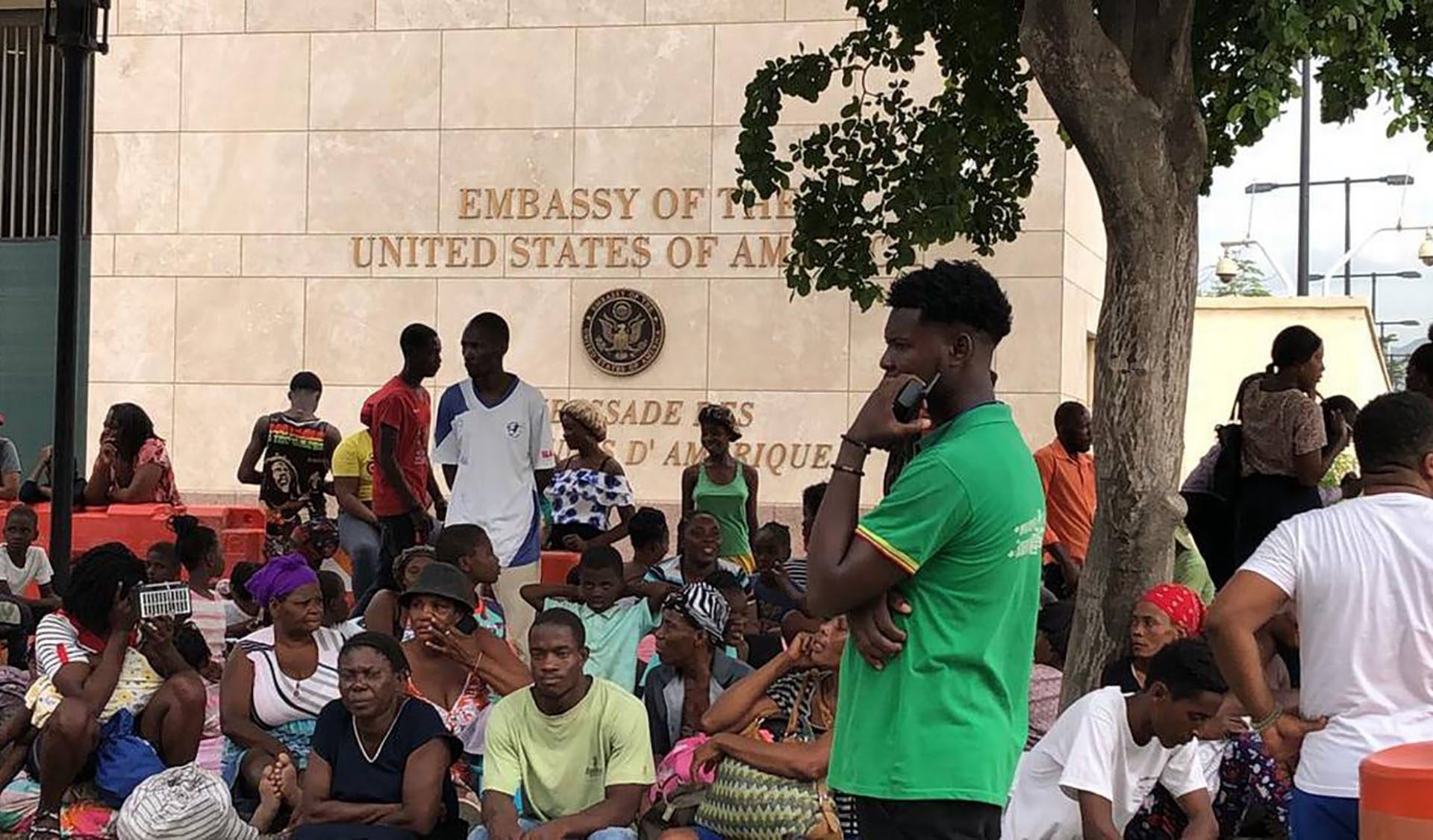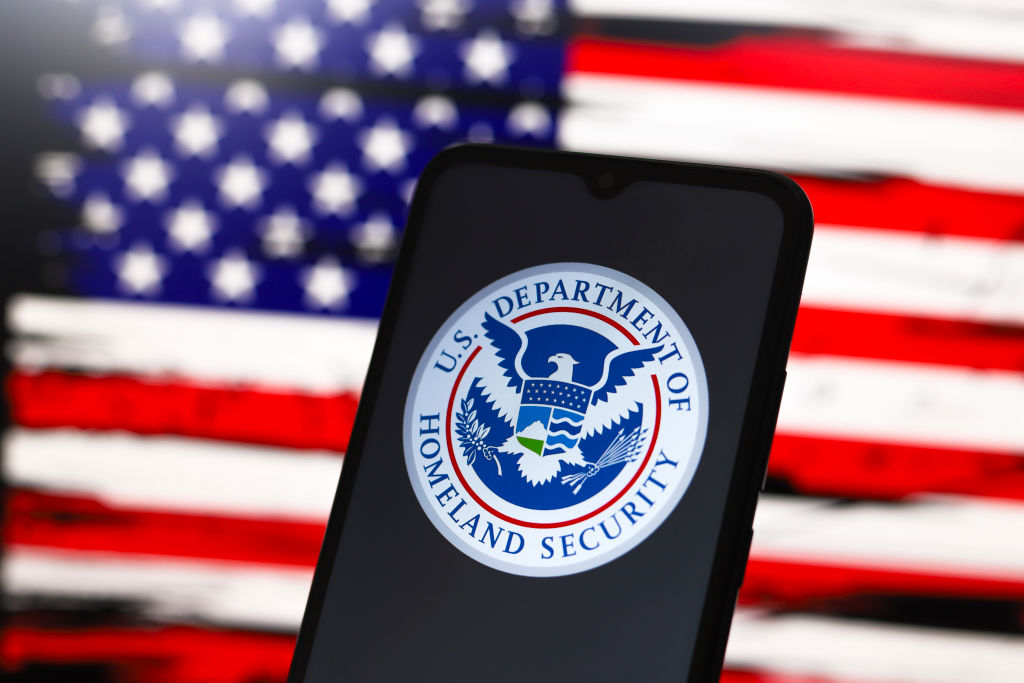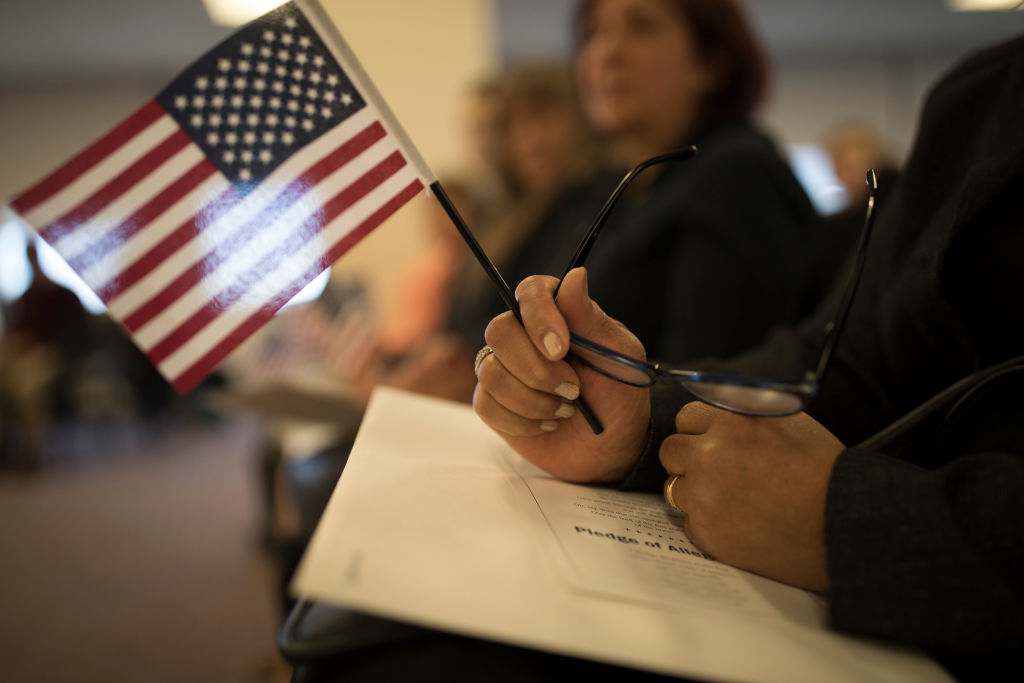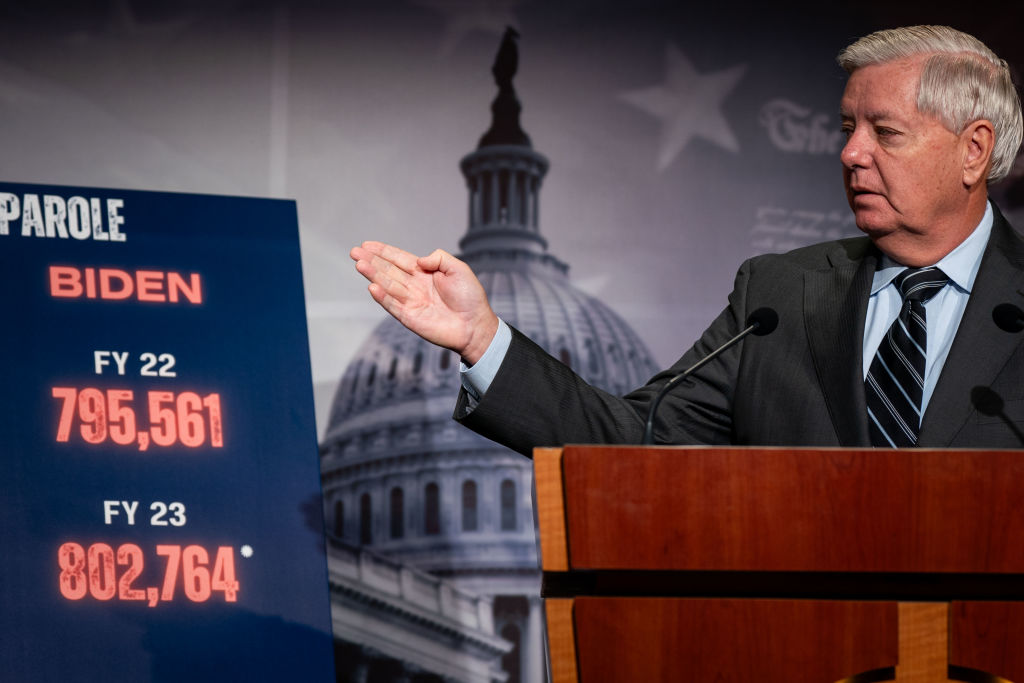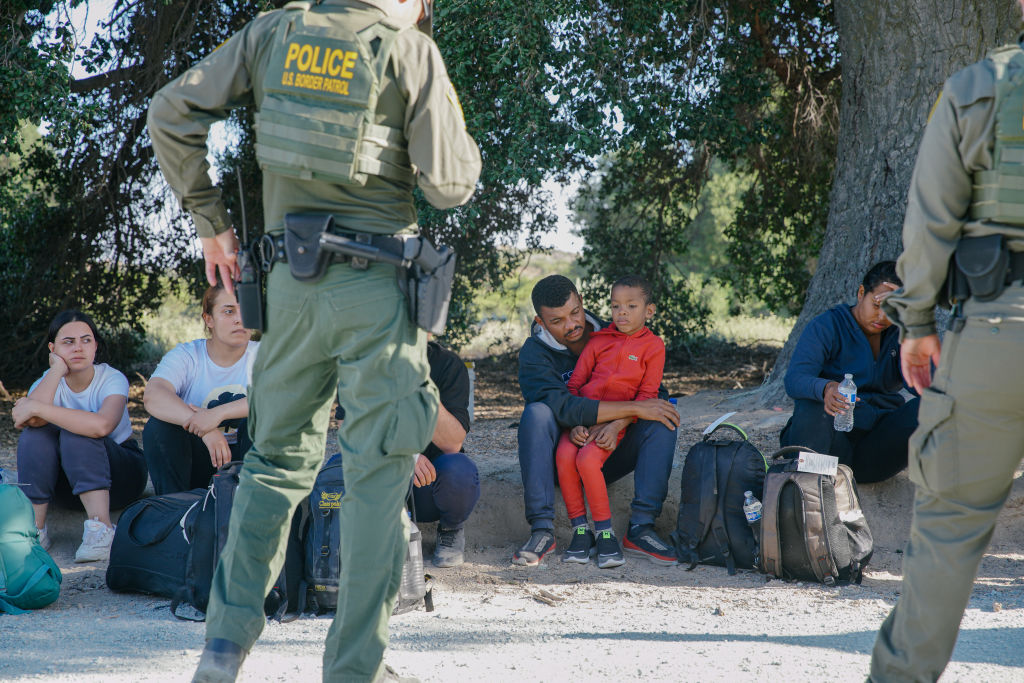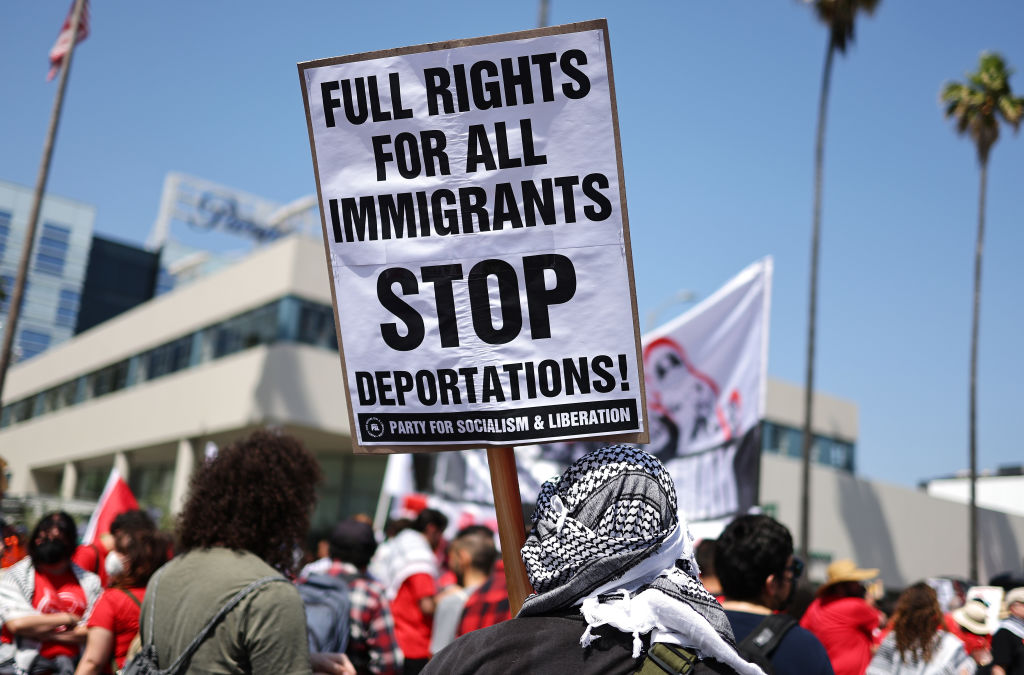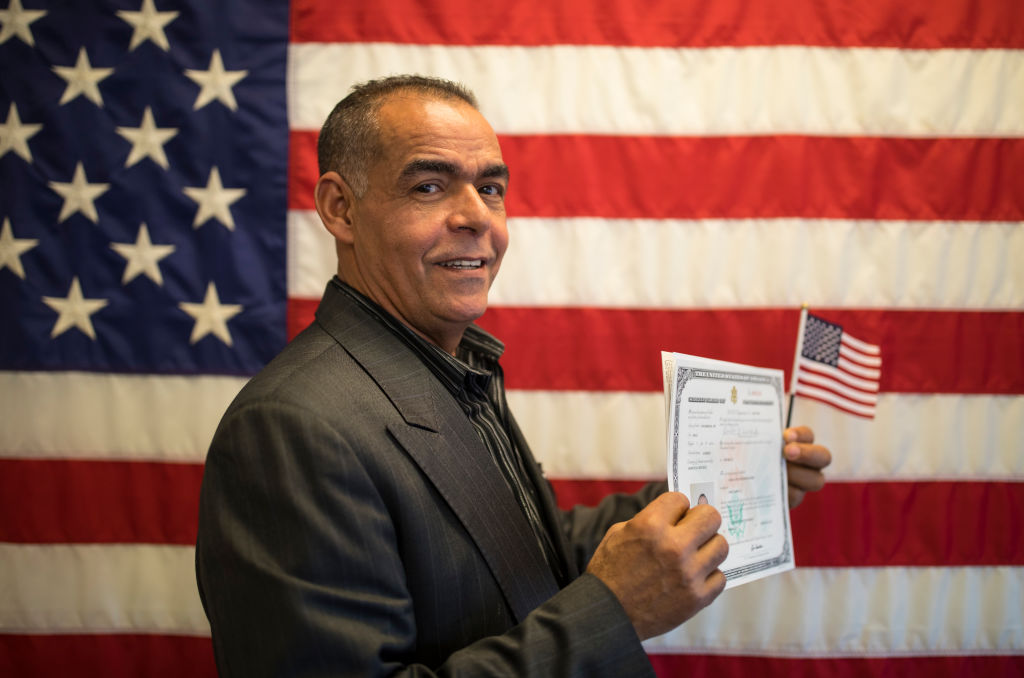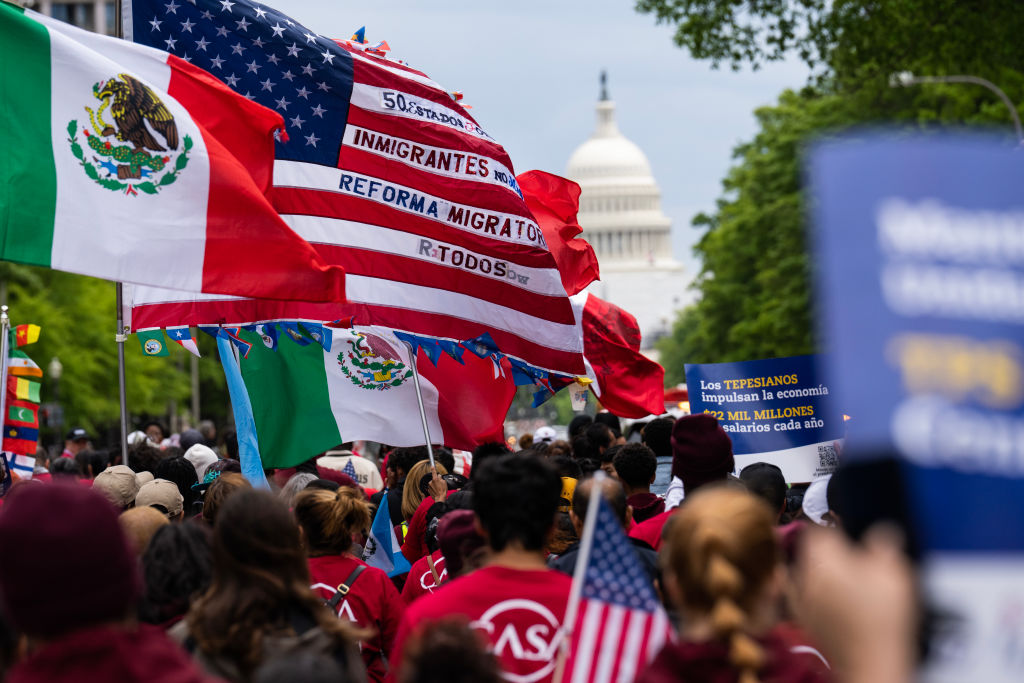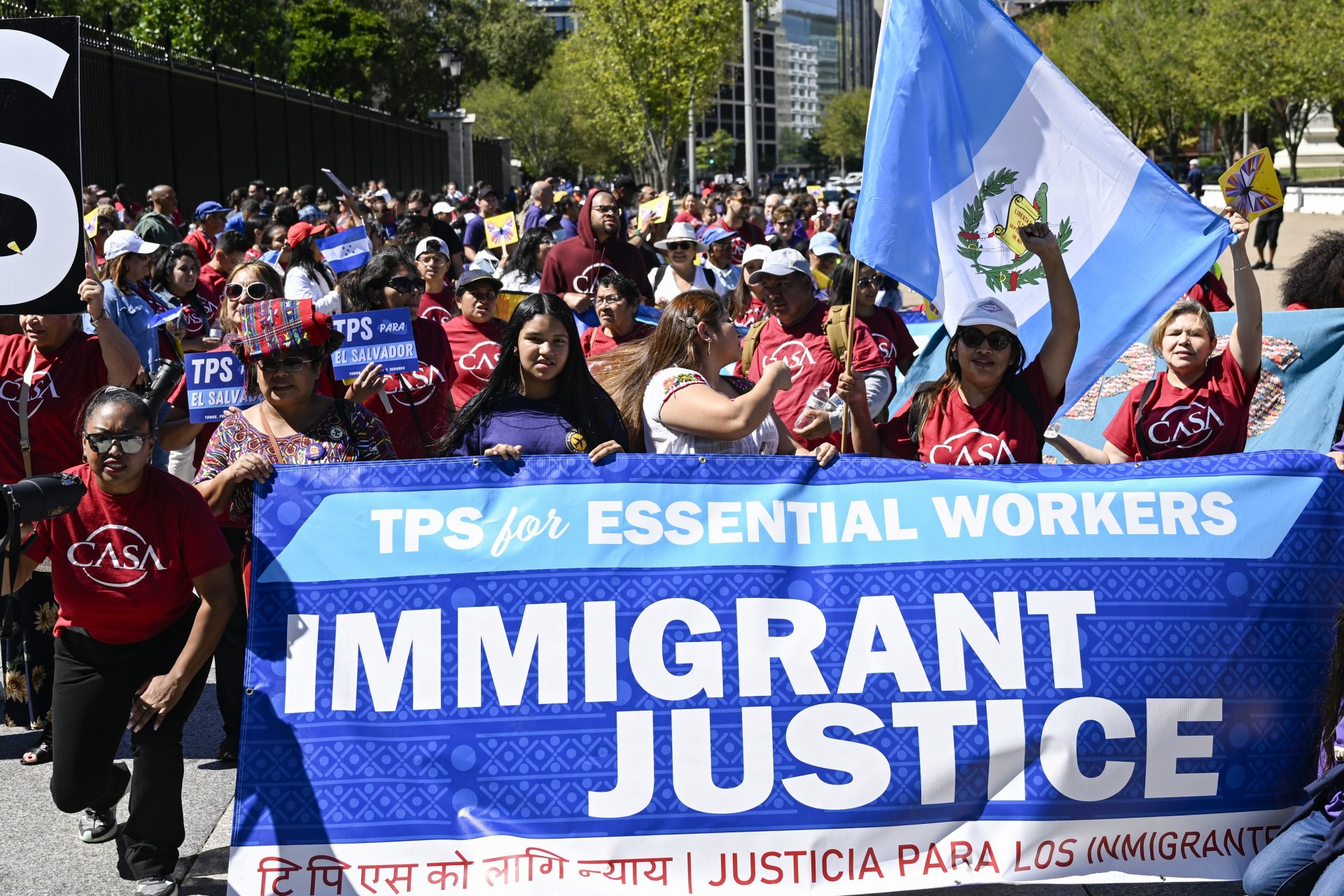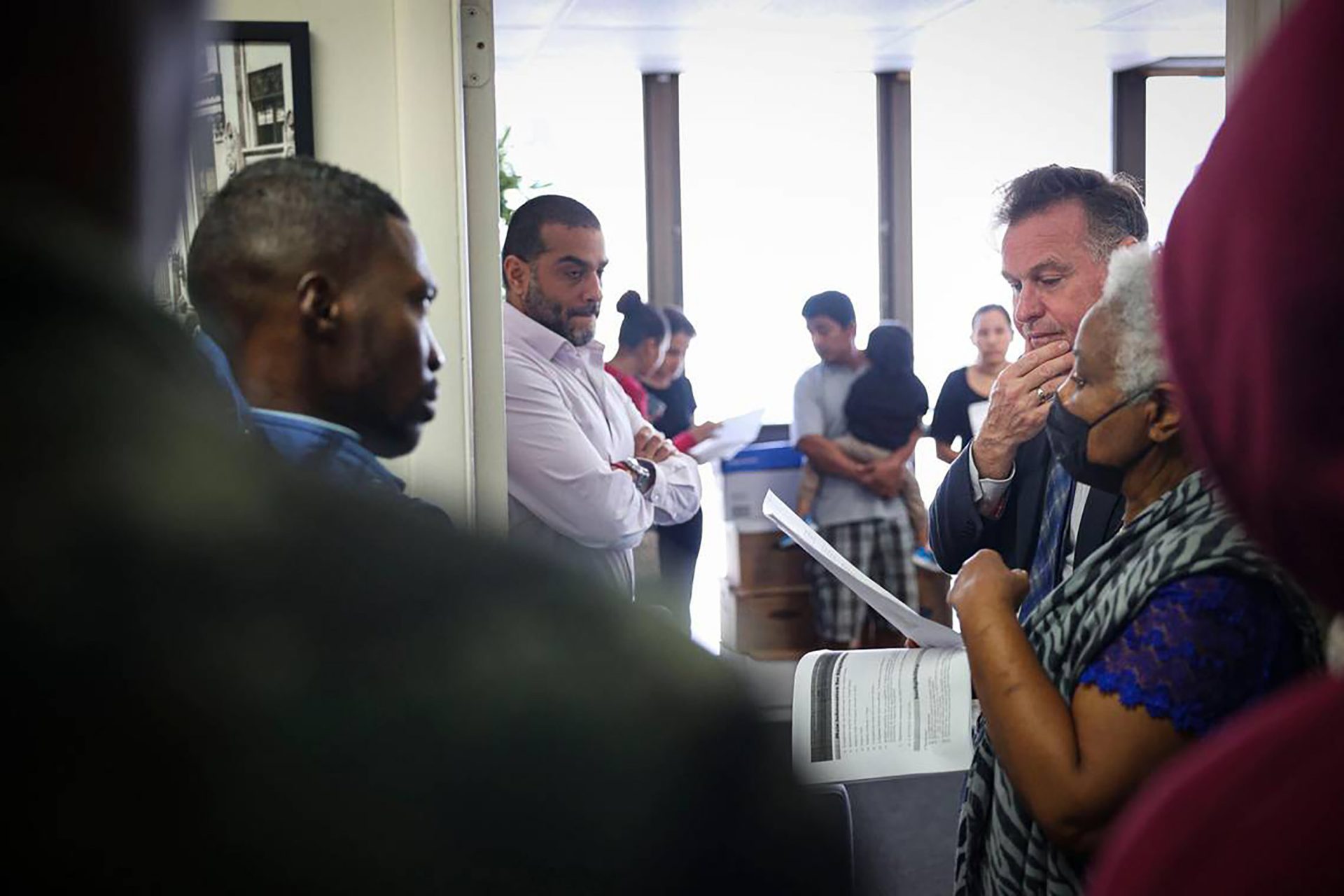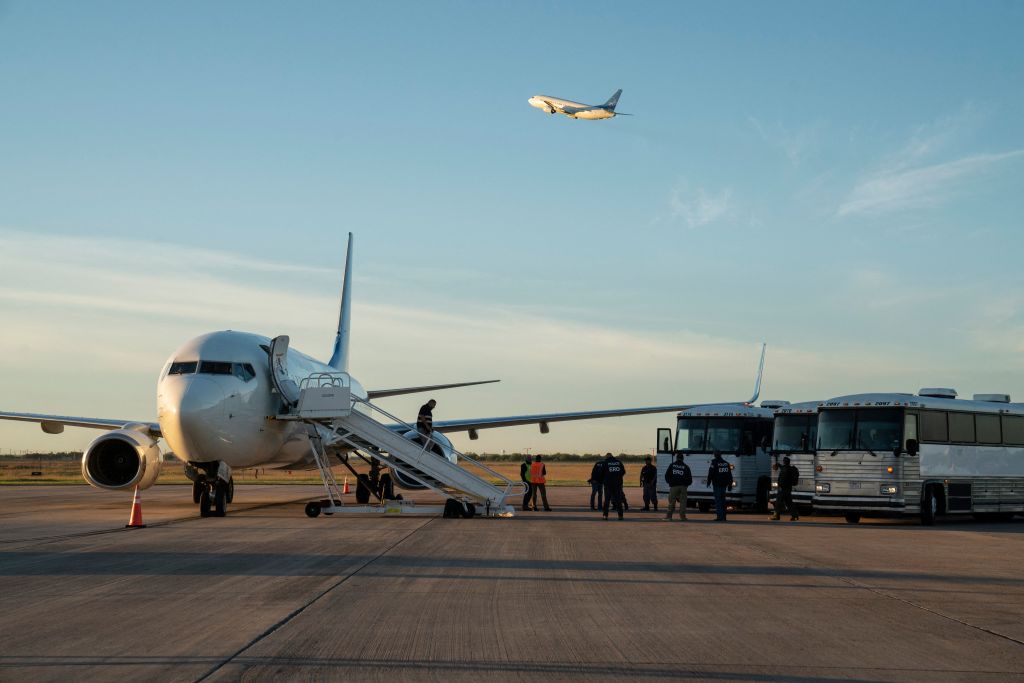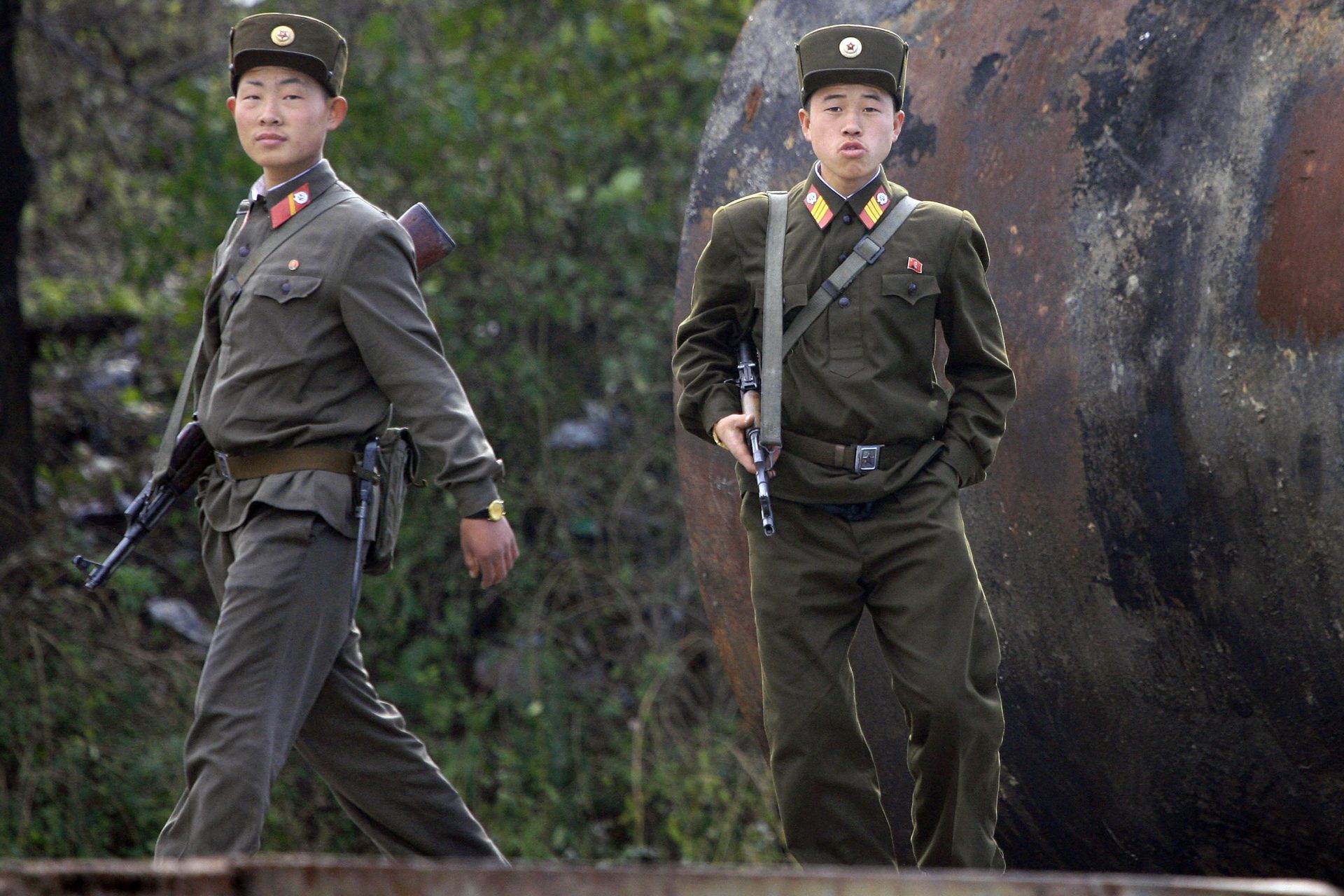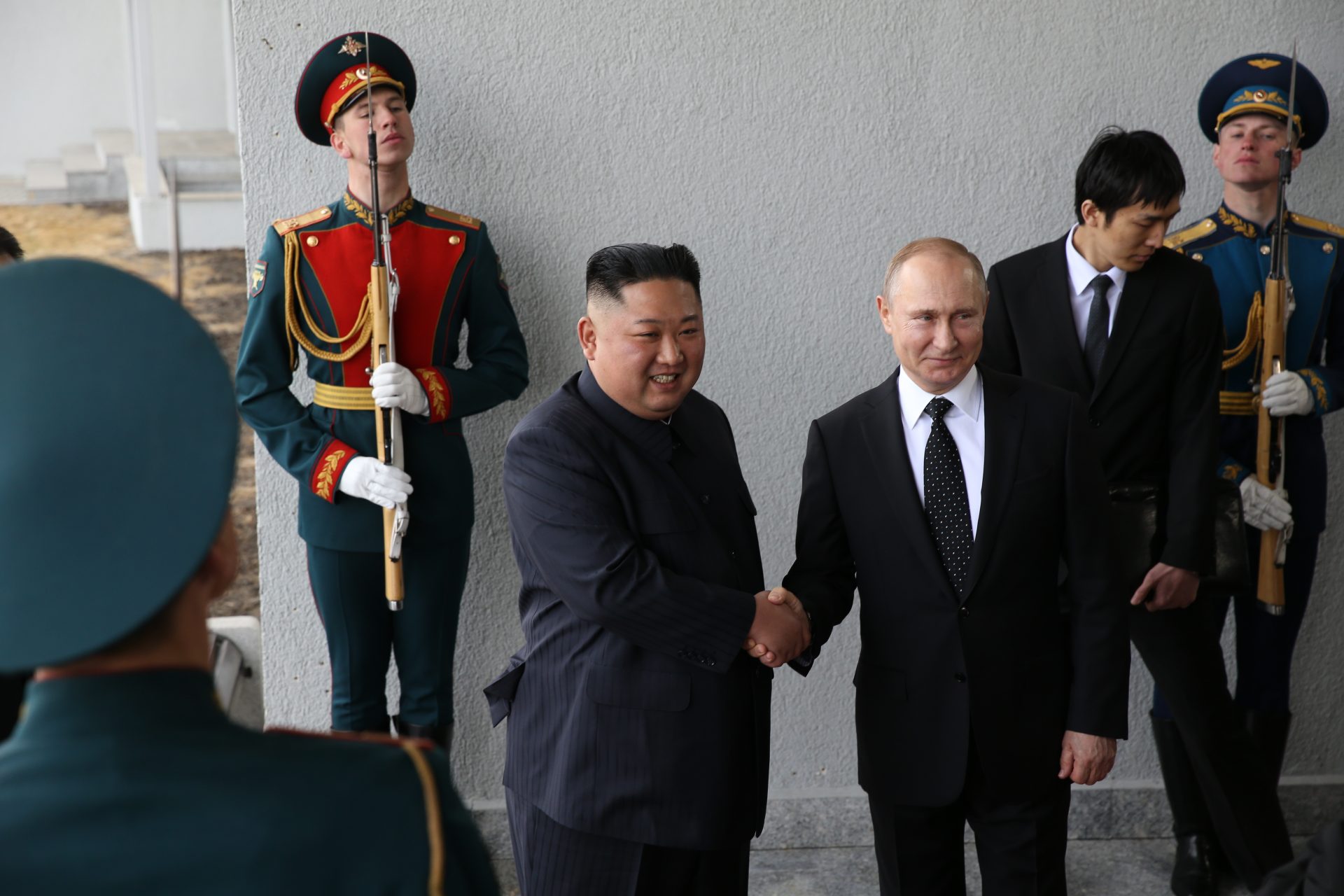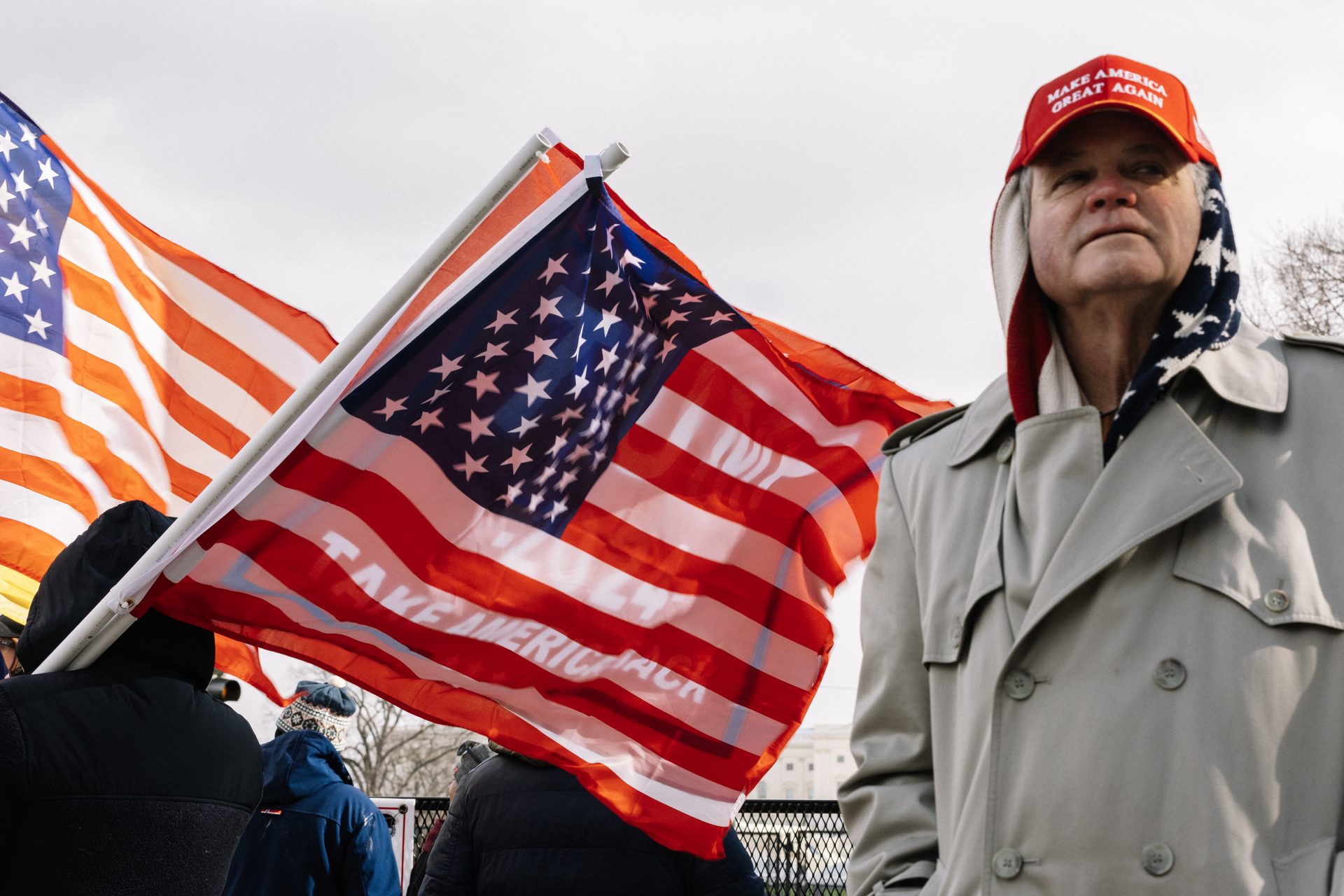Trump's mass deportation scheme will devastate Hispanic communities
Humanitarian parole gives a country's president the right to admit immigrants for "urgent humanitarian reasons." Since 1952, every president except Trump has used this measure. In fact, the Trump administration could revoke this deal for current recipients. What impact would this have?
President Joe Biden has welcomed more than half a million Cubans, Haitians, Nicaraguans and Venezuelans on the basis of humanitarian parole, a legal tool with seven decades of bipartisan use when relations between governments make traditional migration routes difficult, according to AP News.
Cuba is experiencing one of its worst crises since 1959, with extreme shortages, growing protests and mass emigration. Government repression, marked by arbitrary arrests and abuses, is compounded by a struggling economy, heightening tension and uncertainty on the island.
Following the assassination of Haiti's President Jovenel Moïse in 2021, armed gangs have controlled the capital, blocked elections and paralysed essential services. The violence has led to mass displacements and thousands of dead, worsening a humanitarian crisis of food insecurity and the absence of an effective government.
Since 2018, Daniel Ortega and Rosario Murillo's government has intensified its grip on Nicaraguan society, imprisoning 128 opponents and 74 religious figures, while 64 have been exiled. With a subordinate judicial system, the regime stifles any dissent in a climate of increasing political violence.
Once a prosperous nation thanks to its oil, Venezuela is in the midst of a severe economic crisis. Hyperinflation and resource shortages have forced nearly 8 million Venezuelans to emigrate. Despite President Nicolás Maduro's claims of an economic recovery, the cost of living is unsustainable with basic commodities exceeding average incomes, plunging the country into a humanitarian crisis.
The humanitarian parole program, which began in October 2022 for Venezuelans and was expanded in January 2023 to include Haitians, Cubans and Nicaraguans, allows for the entry of up to 30,000 people per month. Recipients must meet strict security and vaccination requirements, as well as having a sponsor in the United States who supports their application, according to CNN.
As of August 2024, the humanitarian parole program has allowed 530,000 people to legally enter the United States, according to Customs and Border Protection (CBP). Beneficiaries include more than 110,000 Cubans, 210,000 Haitians, 93,000 Nicaraguans and 117,000 Venezuelans, according to an article on rfi.fr.
In October 2024, the Department of Homeland Security (DHS) announced that the Biden administration would not renew legal permits granted under the humanitarian parole program.
The permits granted by humanitarian parole last for just two years. Many beneficiaries from the aforementioned countries have already begun to apply for new permits to remain in the United States.
President-elect Donald Trump appears determined to do away with this legal tool, declaring during his campaign that he will end the "outrageous abuse of parole." Anti-immigrant rhetoric was central to his message, with warnings that he would expel hundreds of thousands of migrants who came to the country under the programs used by Biden, according to AP News.
The President-elect has threatened to deport those granted humanitarian parole, especially those with criminal records, reflecting his more rigid and restrictive approach to immigration.
In the podcast Guía Migratoria, journalist Jorge Cancino, and immigration lawyer Armando Olmedo pointed out that if the humanitarian parole initiative is eliminated, nearly 3 million immigrants could be at risk of deportation. They pointed out that Temporary Protected Status (TPS) currently benefits approximately 13 nationalities.
El Tiempo reports that the elimination of humanitarian parole could block the route toward permanent residency for migrants with temporary status, affecting nearly 20 million people. This would not only affect the 11 million undocumented immigrants, but also those who are legally in the United States.
Proposed measures include eliminating birthright citizenship, Temporary Protected Status (TPS) and the Parole in Place program. However, experts note that these initiatives lack solid legal foundations and would likely face challenges in court.
Experts also warn that, if implemented, these policies could have a negative impact on the US economy, given that millions of migrants play a key role in the US workforce.
The future of humanitarian parole is under threat. Migrants who benefit from it face a legal limbo. Immigration organisations and lawyers have expressed concern about the future of these individuals, calling for action to protect their rights and ensure their well-being, according to Swiss Info.
Never miss a story! Click here to follow The Daily Digest.
More for you
Top Stories



